Wheatgrass Juice: All Information about the Healthy Grass Juice
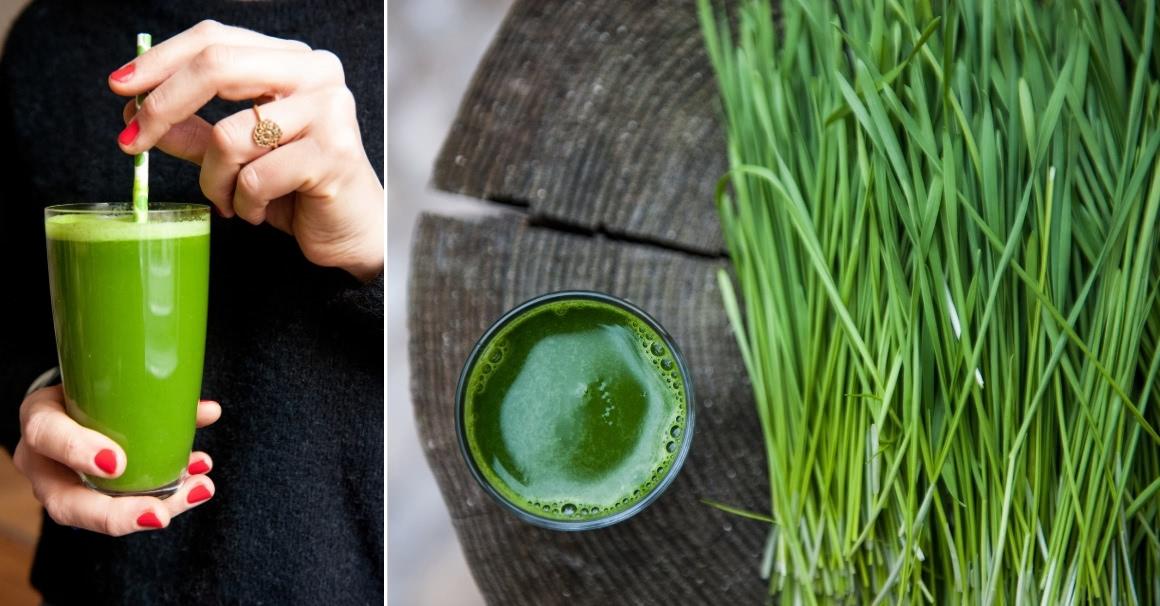
We are particularly keen on one juice: green juice! Of course, this includes fresh wheatgrass juice, which we like to drink pure as a shot or mixed with other ingredients. Wheatgrass juice really appeals to us because of its high chlorophyll content, its alkaline effect (more on the importance of an alkaline diet here) and its incredible nutrient density. All these facts are good reasons to drink fresh wheatgrass juice regularly. Maybe you also got a craving for wheatgrass juice, so keep reading. You can find out everything you need to know about healthy wheatgrass juice, how to prepare it, which slow juicer we recommend for preparation, where to buy fresh wheatgrass and how you should dose the grass juice at the beginning.
Wheatgrass juice: topics at a glance
- What is wheatgrass juice made of?
- Does fresh wheatgrass juice or fresh wheatgrass contain gluten?
- Is wheatgrass juice healthy?
- What does fresh wheatgrass juice taste like?
- How much wheatgrass juice should I drink?
- Buy wheatgrass juice or make it yourself?
- How do I prepare fresh wheatgrass juice?
- Where can I buy fresh wheatgrass?
- How much wheatgrass do I need for 50 ml of wheatgrass juice?
- Wheatgrass juicer test: which juicer is best for making fresh wheatgrass juice?
- Can I also make wheatgrass juice from wheatgrass powder?
- Wheatgrass juice recipe: 100 percent pure
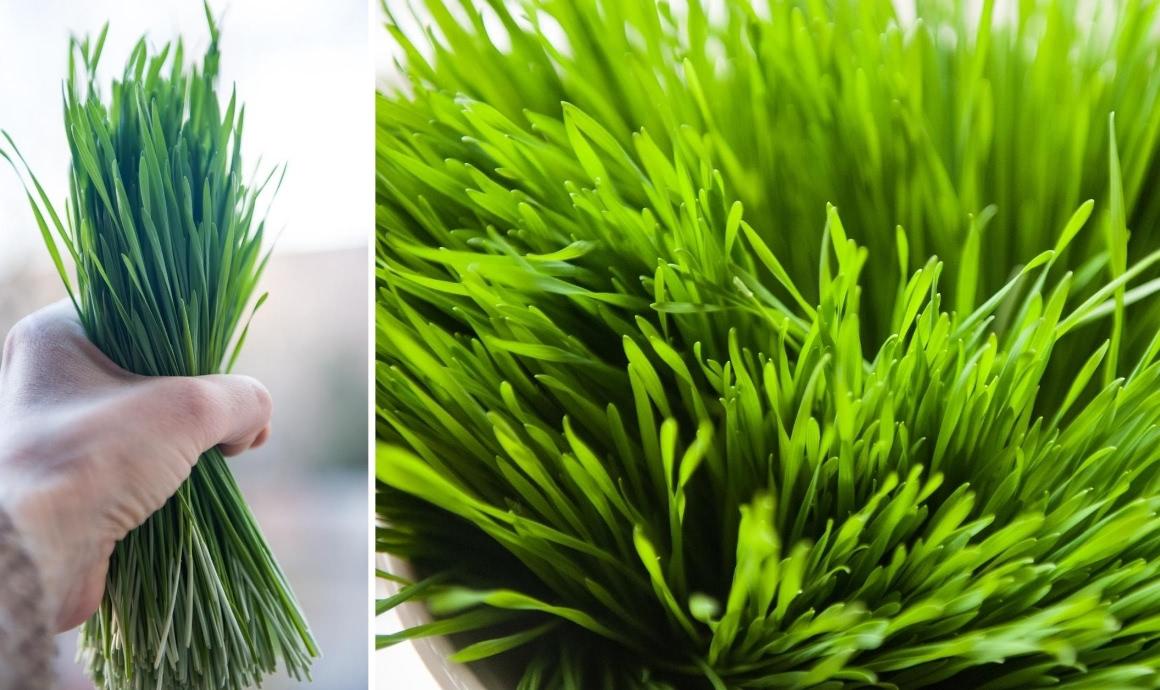
What is wheatgrass juice made of?
Fresh wheatgrass juice is made from fresh wheatgrass - the sprouts of wheat - one of the most popular grains. To produce wheatgrass juice, the sweet grass is juiced with slow revolutions using a slow juicer, this way the nutrients are preserved. In the process, the pure juice is separated from the fiber - the dietary fibers. These end up in the so-called pulp, while the pure juice is drinkable.
Does fresh wheatgrass juice or fresh wheatgrass contain gluten?
Unlike the end product - wheat - wheatgrass does not contain gluten, so it is gluten-free. The gluten does not end up in the wheatgrass juice either. People with gluten sensitivity or the celiac autoimmune disease can therefore drink fresh wheatgrass juice.
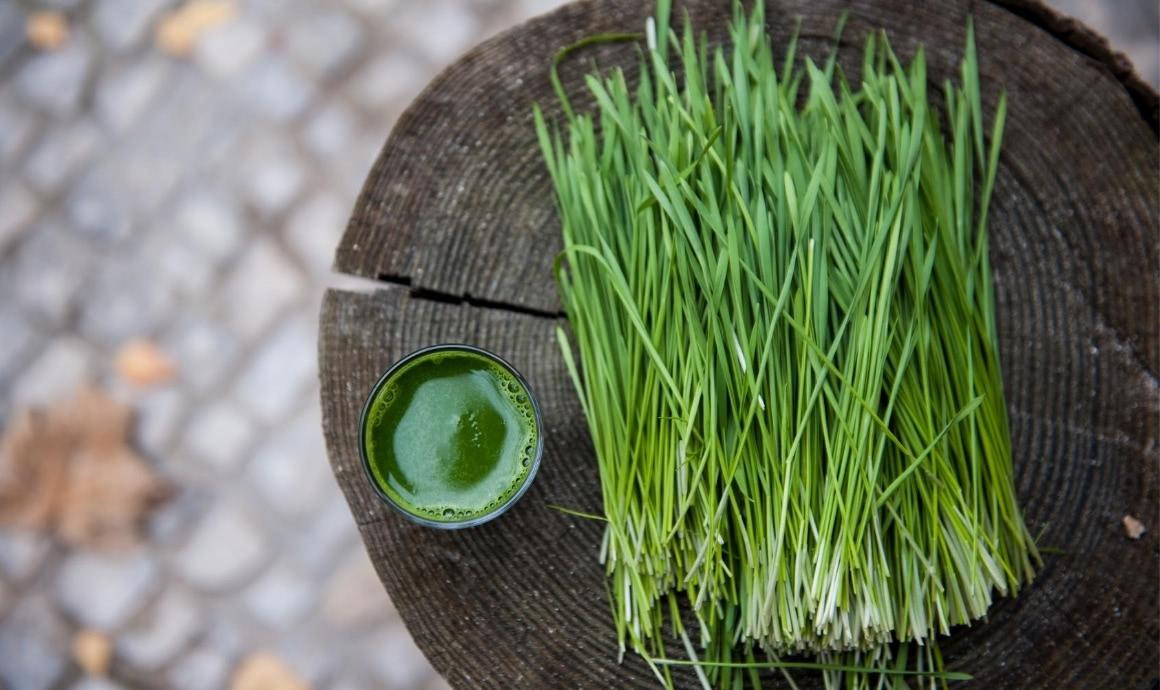
Is wheatgrass juice healthy?
For wheatgrass expert and alternative health therapist Ann Wigmore (1909-1993), wheatgrass juice was considered a special food and healing remedy because of its extreme abundance of nutrients. She successfully used wheatgrass juice to strengthen the immune system and detoxify the her own organism and her patients. She attributed her own overcoming of cancer in the 1950s to, among other things, a predominantly raw food diet and the daily consumption of fresh wheatgrass juice. This way, fresh wheatgrass juice not only became popular with Ann Wigmore and her patients, but is well known to this day.
Many people appreciate the beneficial effects of fresh wheatgrass and among others attribute the positive properties to the following ingredients:
- Chlorophyll
Fresh wheatgrass contains more chlorophyll than almost any other plant. And it is precisely the green plant pigment that is considered to detoxify and purify the blood, which is why the daily consumption of wheatgrass juice is also often referred to as a "fresh cell cure". - Vitamins and antioxidants
Fresh wheatgrass contains a lot of vitamins - especially vitamins B, C and E. The latter are powerful antioxidants or free radical scavengers. They can prevent undesirable reactions of so-called oxygen radicals, which, among other things, accelerate cell aging. - Minerals
Fresh wheatgrass contains a lot of iron, calcium and magnesium. - Amino acids
Fresh wheatgrass contains all essential amino acids. These are the amino acids that the body cannot produce itself and therefore needs to ingested through food. We need them to renew cells, form hormones and to build muscles. - Enzymes
Wheatgrass is said to be particularly rich in enzymes. These have anti-inflammatory effects and are said to have regenerative effects on cell damage. - Protein
Fresh wheatgrass is an excellent source of plant protein. This makes wheatgrass interesting for vegetarians and especially vegans.
Since fresh, raw wheatgrass cannot be eaten like lettuce or herbs and is extremely challenging for the human digestive organs due to its fiber, fresh wheatgrass juice is an ingenious delivery method for enjoying the nutrient richness of wheatgrass.
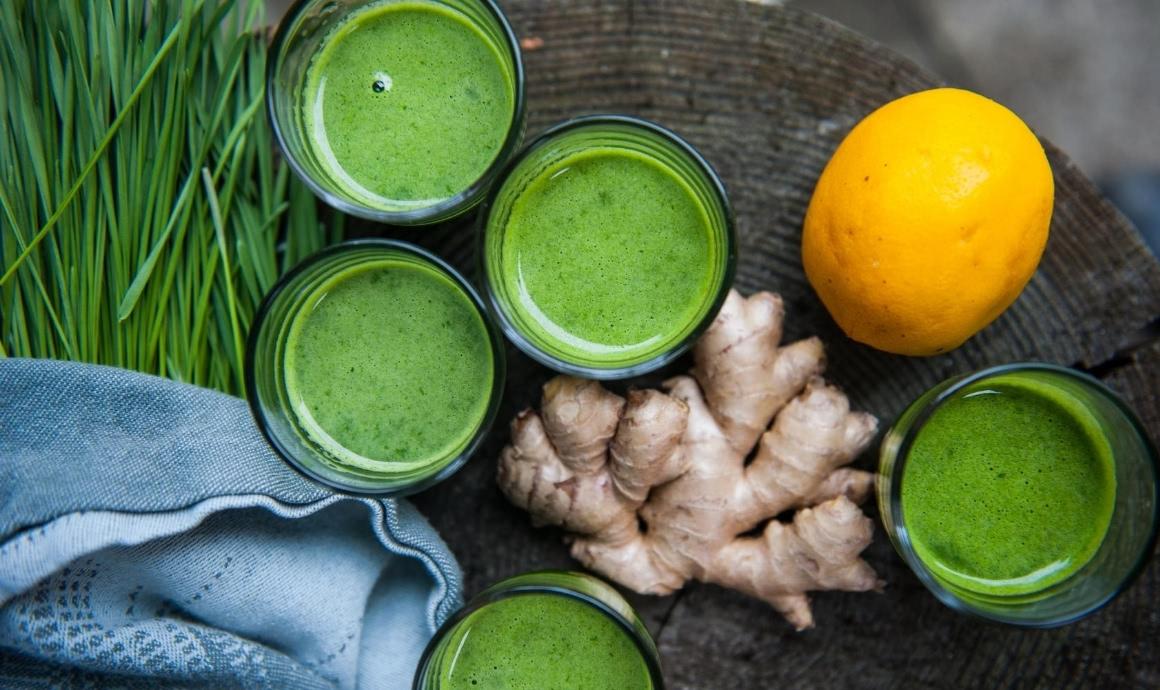
What does fresh wheatgrass juice taste like?
Fresh, pure wheatgrass juice has a grassy, herbal aroma and tastes sweet. This is not surprising since wheatgrass is a sweet grass. The sweetness definitely makes the wheatgrass juice very drinkable. If the taste is still too intense for you, you can simply add some apple and/or lemon to the wheatgrass.
How much wheatgrass juice should I drink?
We cannot recommend a specific amount of wheatgrass juice to drink - everyone has to find that out for themselves.
However, from our own experience we advise you to start with small amounts such as 20 to 30 ml of wheatgrass juice daily. It is best to start with small sips. If you tolerate this amount, do not get a queasy feeling in your stomach and feel good, you can of course increase the amount. There are people who drink up to 100 ml of pure freshly juiced wheatgrass juice daily. Others enjoy a smaller amount of wheatgrass juice 2x a day - e. G. in the morning and in the evening. Just feel your way slowly!
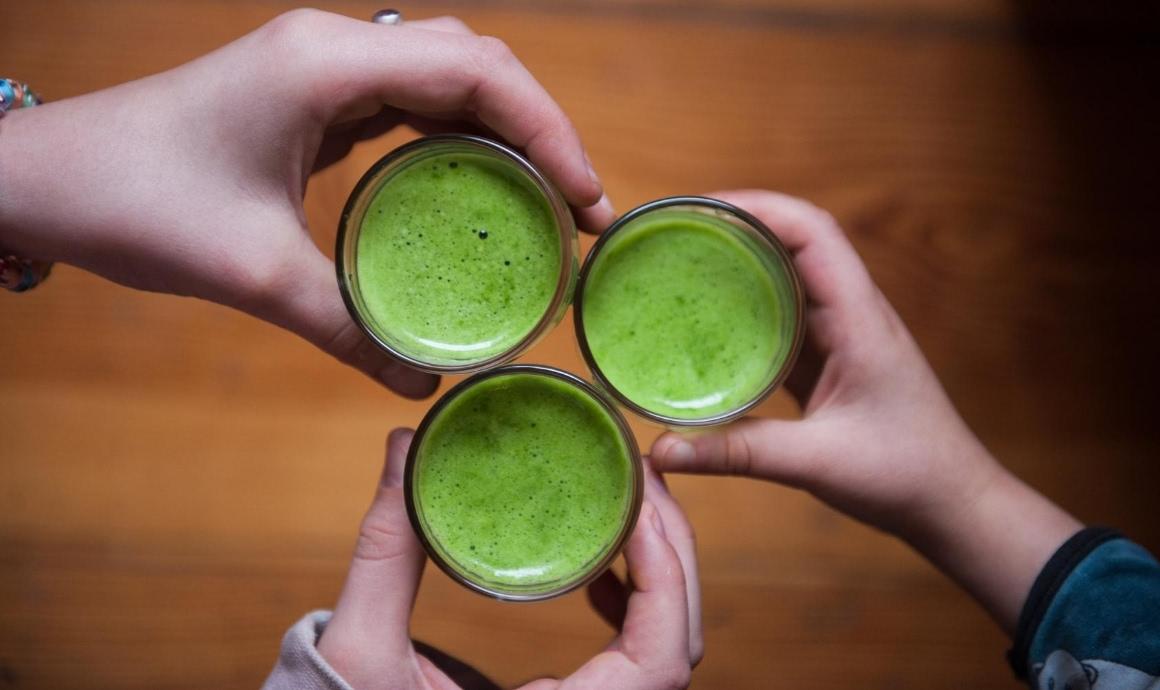
Buy wheatgrass juice or make it yourself?
Even if buying wheatgrass juice is easier, our recommendation is: You better off making homemade wheatgrass juice with a slow juicer. This way you can be sure that you get all the healthy nutrients and the maximum benefit from wheatgrass.
If you don't have a slow juicer at home and still want to try wheatgrass juice, make sure to buy ready-made wheatgrass juice products that are of raw food quality. This is because wheatgrass juice that has already been highly heated has lost most of its nutrients, such as heat-sensitive enzymes or vitamins B and C. A way to enjoy fresh wheatgrass juices are Juice Bars, which offer the healthy grass juice. There you can be sure that the juice is freshly squeezed.
How do I prepare fresh wheatgrass juice?
If you want to prepare fresh wheatgrass juice yourself, you definitely need a slow juicer or a manually operated juicer. The latter is a device that has to be screw to the table or countertop.
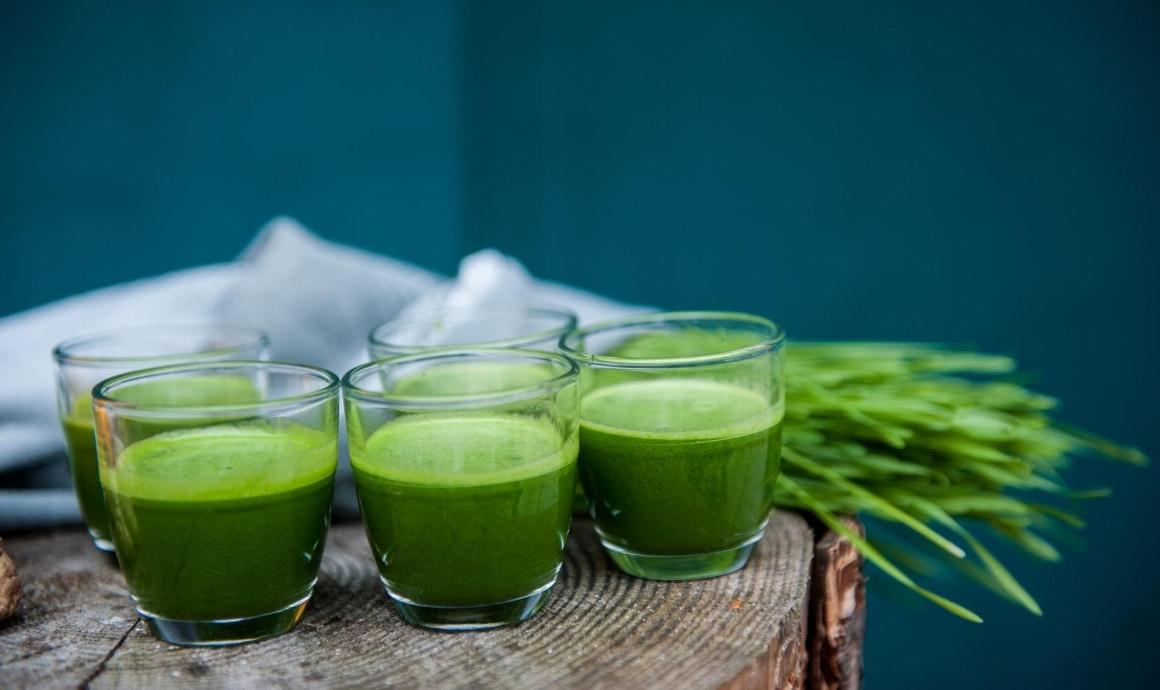
Both juicers manage to squeeze wheatgrass by pressing it against a sieve with slow revolutions. To do this, you always put small bunches of wheatgrass into the feed chute of your juicer. Depending on the model, the slow juicer will pull the wheatgrass towards the press almost by itself. The liquid and solid components are separated by the sieve and end up in two different containers.
As a guideline: 50 g of wheatgrass yields about 35-45 ml of wheatgrass juice, depending on the juicer model.
It is impossible to juice wheatgrass with a centrifugal juicer. We have tested the Philips HR1921/20 centrifugal juicer: During the first test (100 g of wheatgrass), the juicer clogged and the lid popped off with enormous force, scattering the wheatgrass all around the kitchen. We therefore refrained from further tests.
Where can I buy fresh wheatgrass for juicing?
Fresh wheatgrass is not that easy to find - unfortunately! Occasionally, there was and still is wheatgrass in organic stores in Berlin - but not consistently. Therefore, we recommend that you buy organic wheatgrass online. For our wheatgrass juicer test, we bought fresh wheatgrass at weizengrasversand.de and were thrilled by the freshness and quality.
How much wheatgrass do I need to make 50 ml of wheatgrass juice?
This question cannot be answered in a general way, as slow juicers differ not only in appearance, but also in their juice yield - see our wheatgrass juicer test, where the best wheatgrass juicer - the Angel Juicer - squeezed 91 ml of wheatgrass juice from 100 g of wheatgrass, while the Sana Juicer-606 and Sana Juicer-707 squeezed more than 10 ml less - 79 ml. Accordingly, an Angel Juicer would need about 55 g of wheatgrass for 50 ml of wheatgrass juice while the Sana 606 and 707 would need about 63 g.
Wheatgrass juicer test: Which juicer is best for preparing fresh wheatgrass juice?
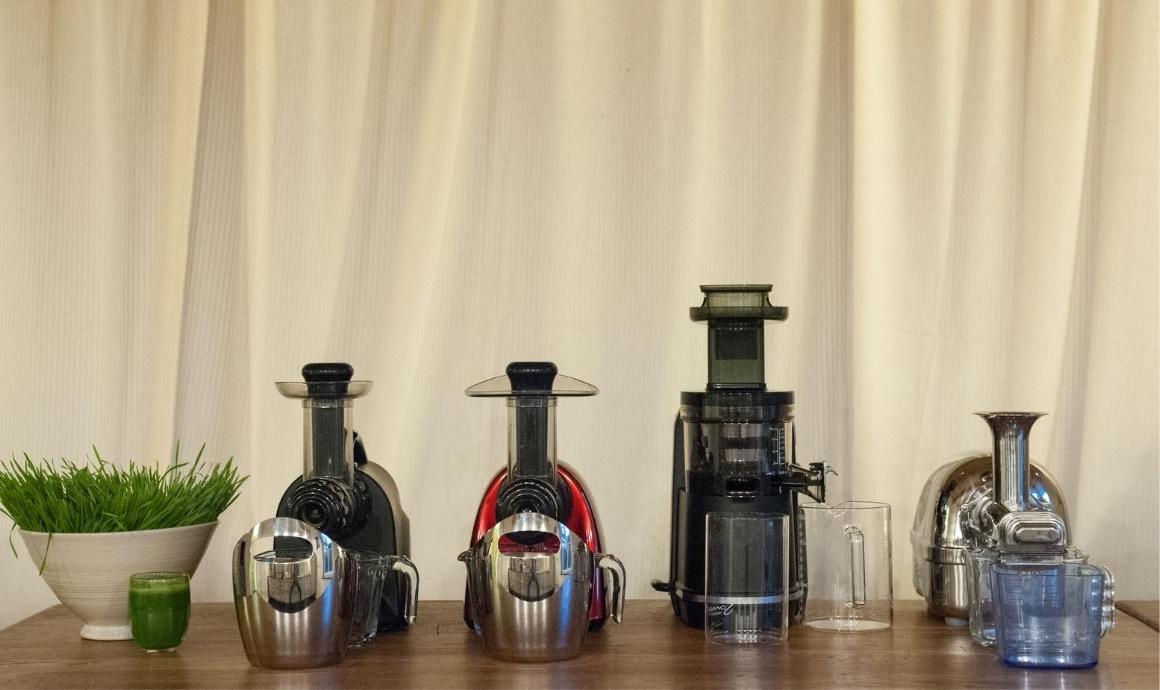
As with our celery juice juicer test, the goal of our wheatgrass juicer test is to find out which slow juicer gets the most juice out of wheatgrass. The more efficient a slow juicer is in terms of juice yield, the more economical it is in the use of goods. In the long term, this means that an expensive slow juicer can pay off.
Test basis: 3 test runs per slow juicer with 100 g of wheatgrass each
Each slow juicer tested, performed 3 test runs, in which 100 g of wheatgrass were juiced to find out how good its juice yield is. In order to have a comparative value for the evaluation, we calculate an average value from the 3 test runs. This represents the average wheatgrass juice yield of 100 g of wheatgrass per slow juicer.
Based on the average juice yield, we then calculate the cost of 100 ml of freshly squeezed wheatgrass juice from organic wheatgrass. As a calculation parameter for the cost of goods, we use a price of 4 € for 100 g of wheatgrass - corresponding to our source of supply: weizengrasversand.de. Depending on the season and availability, the price for wheatgrass can of course vary.
The following slow juicers have been tested so far:
- Sana Juicer-606 and Sana Juicer-707
(both slow juicers are rated the same in terms of juice yield because they are almost identical - except for the pomace control on the Sana 606.
The prerequisite is that the pomace regulation of the Sana 606 is set to 5) - Greenstar Elite and Greenstar Pro
(both Sow Juicers are rated the same, as they are identical in terms of their juicing technology) - Angel Juicer 5500
(representative for all 3 Angel Juicer models, as the juice yield is the same for all models)
Tabular evaluation: Juice yield from 100 g wheatgrass
| Juice yield from 100 g wheatgrass | Sana Juicer-606/ Sana Juicer-707 |
Greenstar Elite/ Greenstar Pro |
Angel Juicer |
|---|---|---|---|
| 1. Test run | 82 ml | 74 ml | 84 ml |
| 2. Test run | 78 ml | 80 ml | 91 ml |
| 3. Test run | 76 ml | 97 ml | 98 ml |
| Average juice yield | 79 ml | 84 ml | 91 ml |
Tabular evaluation: cost of goods for 100 ml wheatgrass juice
| Cost of goods for 100 ml wheatgrass juice |
Sana Juicer-606/ Sana Juicer-707 |
Greenstar Elite/ Greenstar Pro |
Angel Juicer |
|---|---|---|---|
| from organic wheatgrass for 4 €/100g | 5,06 € | 4,76 € | 4,40 € |
Test winner: Angel Juicer with highest juice yield
Once you have seen how the Angel Juicer juices wheatgrass almost by itself, you can rightfully claim that it is made for the preparation of fresh wheatgrass juice. It confirms this thesis not only in handling, but also with the highest juice yield. It really gets everything out of 100 g of wheatgrass and comes out on top with 91 ml of wheatgrass juice. The Greenstar Elite and Pro models, as well as the Sana juicers, land close behind the Angel Juicer and also do quite well with 84 ml (Greenstar Elite and Pro) and 79 ml (Sana 606 and 707). We found out that the slow juicers we tested do not scatter as extremely in the production of wheatgrass juice as they do in the production of celery juice. Accordingly, the cost of goods for the Sana juicers is not that much higher than for the Angel Juicer.
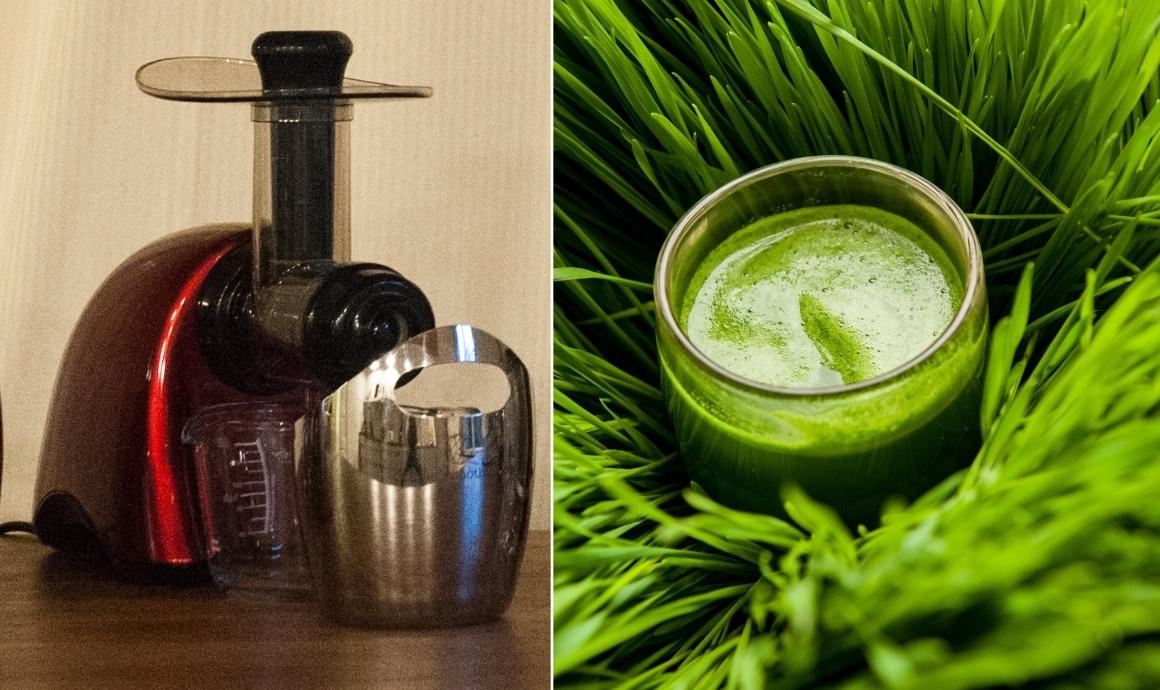
Price-performance winner: Sana Juicer-606 or Sana Juicer-707
The two Sana Juicers - the Sana Juicer-606 and the Sana Juicer-707 are in 3rd place with an average of 79 ml of wheatgrass juice from 100 g of wheatgrass - just behind the Greenstar Pro with an average of 84 ml. Due to the significantly lower purchase costs compared to the Angel Juicer and the Greenstar Pro, we crown the two Sana juicers as the price-performance winners of this wheatgrass juicer test.
Can I also make wheatgrass juice from wheatgrass powder?
Of course you can try that. However, in terms of taste, this is not comparable to the flavor of fresh wheatgrass juice. Wheatgrass powder dissolved in water and actually tastes like dried grass - very herbaceous. Furthermore, it should be clear that the wheatgrass powder cannot compete with the concentrated vital power of a freshly prepared wheatgrass juice from the slow juicer.
Wheatgrass juice recipe: 100 percent pure
Wheatgrass juice
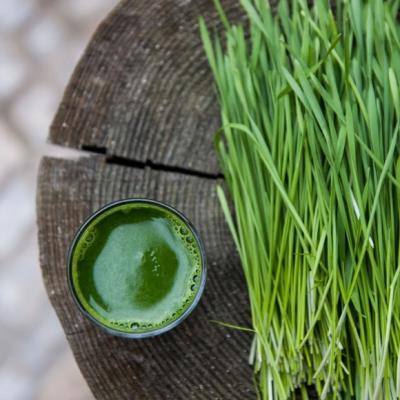
Ingredients
- 80 g wheatgrass fresh
Instruction
-
Wash the wheatgrass.
-
Gradually add the wheatgrass to the hopper and push it towards the auger with the compatible tamper. The wheatgrass juice is ready when no more juice drips from the juice drum.
-
Best enjoyed immediately or stored in the refrigerator for a maximum of 24 hours.
-
This recipe was created with the Angel Juicer.
We appreciate your Feedback!



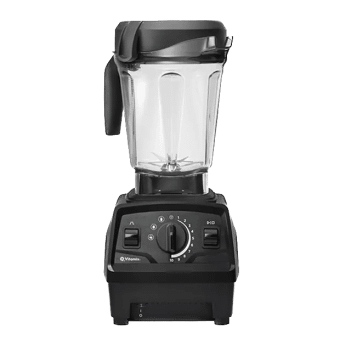




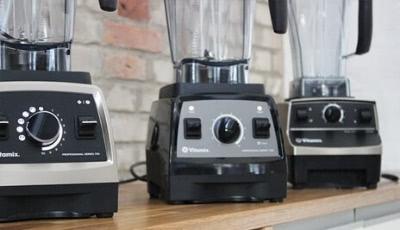
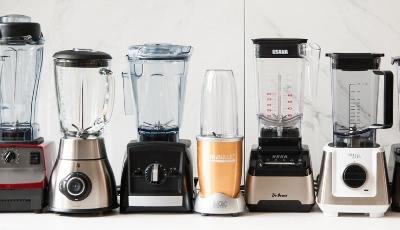
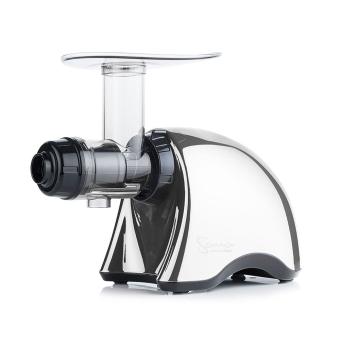







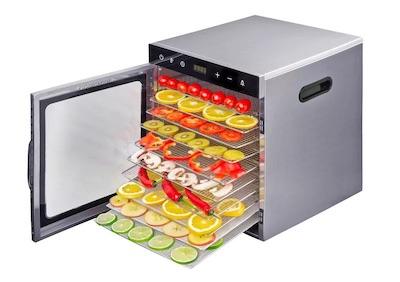
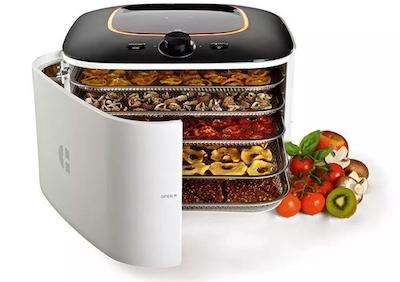
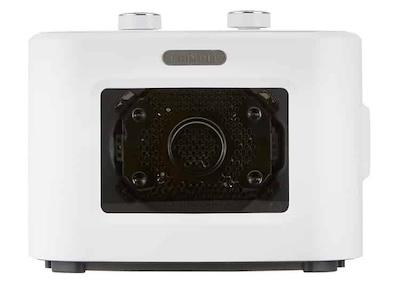
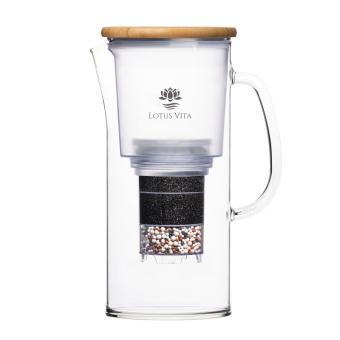
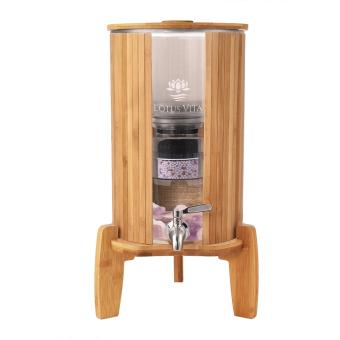
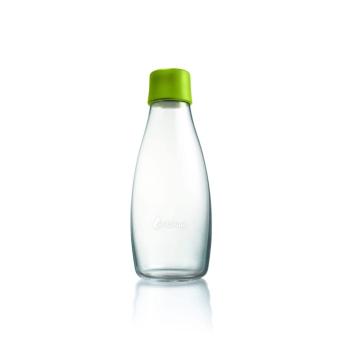
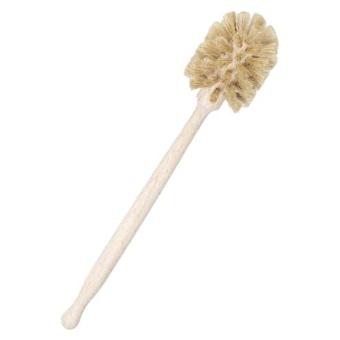
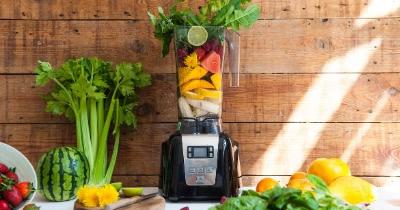
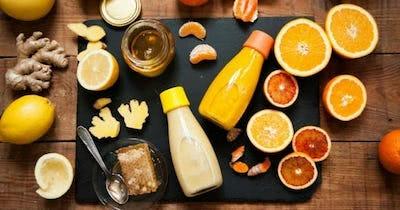
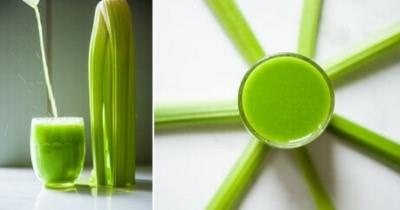
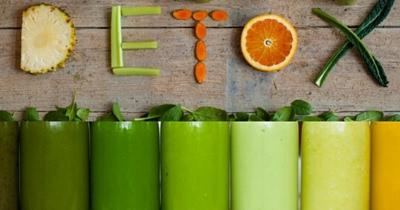
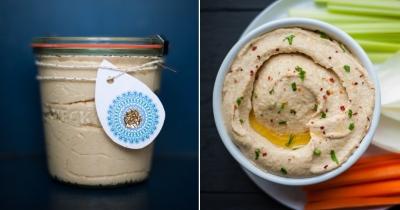
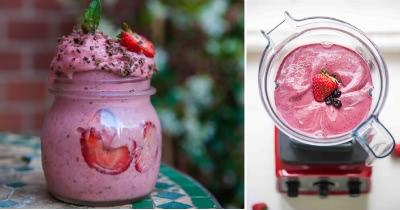

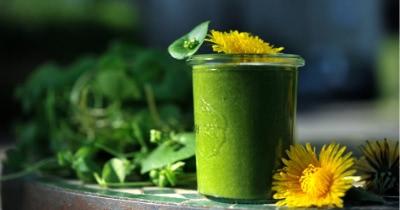
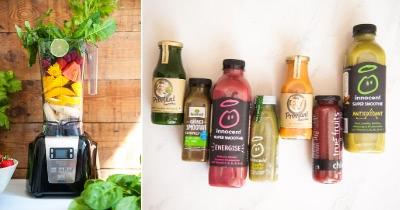
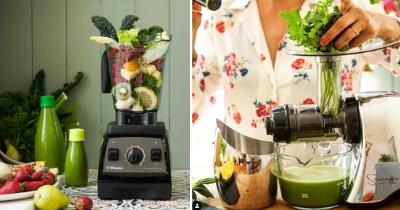





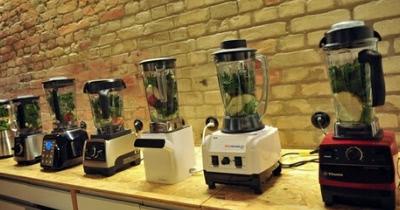


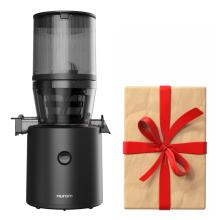
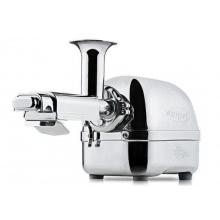

Add comment
47 | Comment(s)
You can find the results here.
Best regards,
Carla
Everything we have learned about the ingredients of wheatgrass juice can be found on this page. To my knowledge, gluten is a lectin found in the grain of wheat, but not in the grass, which is why wheatgrass juice is gluten-free. I cannot tell you about gliadin, unfortunately.
Whether the consumption of wheatgrass juice is suitable for chronic intestinal inflammation or chronic inflammation in general, you would have to clarify with a doctor or appropriate therapist, as mentioned before!
Best regards,
Carla
What about consumption for people with chronic intestinal inflammation or chronic inflammation in general?
Best regards, Elke
Thank you for your comment. Unfortunately, we cannot provide health advice. Please consult your doctor or therapist for answers to your questions.
Take care,
Carla
Can wheatgrass juice be frozen in portions? Since I don't have a large kitchen, I can't leave my juicer out and have to store it in a cupboard. So I thought about making a batch and freezing the freshly pressed juice in an ice cube tray.
Best regards,
Ingrid
Of course, you can do that, but it's important to note that freezing wheatgrass juice will cause it to lose some nutrients and may slightly alter its taste. I have never tried it myself as I prefer to drink my juices freshly pressed. That would also be our recommendation for you.
Best regards,
Carla
I bought the Angel Juicer from you and I am absolutely thrilled with its usability and juice yield. However, when juicing wheatgrass, I noticed that a lot of foam is produced, despite following your tips. The foam is relatively firm, what should I do with it? Should I stir it in and drink it?
Best regards,
Birgit
thank you for your comment. It is completely normal for this firm type of foam to be produced. It happens not only when juicing wheatgrass but also when juicing wild herbs on their own. Simply stir it in, just as you suggested. We're glad that you're so happy with your Angel Juicer.
Best regards,
Carla
can I also juice wheatgrass with the Hurom HZ?
Kind regards
Brigitte
thank you for your question.
You can juice wheatgrass with the Hurom HZ. If you want to produce a lot of wheatgrass juice on a regular basis, I would advise you to use a horizontal juicer such as the Sana Juicer 707. Horizontal juicers are simply better suited for grasses and leafy greens due to their design and the pressing mechanism.
If you have any other questions, feel free to contact me!
Carla
you can definitely use wheatgrass and also barley grass as a green ingredient in your green smoothie. However, for taste reasons, I would recommend adding a mild leafy green ingredient like spinach or postelein.
Best regards,
Carla
Thank you very much for the answer!
Thank you for your comment. Unfortunately, I cannot give a general answer to your question. Simply try out what suits you best. Personally, I find wheatgrass juice to be very intense - even in smaller amounts - so I would recommend approaching it slowly.
Best regards,
Carla
That makes sense, as the juice is then absorbed directly and its alkalizing factor is fully utilized by your body. Within a short period of time, the wheatgrass juice is fully digested, and you can have your breakfast as usual - around 45-60 minutes later.
Best regards,
Carla
Otherwise, thank you very much for the great smoothie recipes, they are simply delicious and versatile. Best regards, Anne
Thank you for your comment and inquiry.
In our wheatgrass juicer test, the two cheaper models from Sana - the Sana Juicer 606 and the Sana Juicer 707 - performed very well and they are both highly rated by customers. Therefore, I can recommend both models without hesitation.
If you have any further questions, please feel free to ask!
Carla
It's fascinating how much juice comes from such a small bunch and how green it is!
Unfortunately, my family didn't like the juice at all. Even adding apple, ginger, etc. didn't help.
Now, besides the apple, I add a good bunch of fresh mint and behold, everyone enjoys the juice...
It even works well as a spritzer when mixed with mineral water.
Best regards,
Birgit
Thank you for your feedback. Congratulations on your new Sana Juicer.
And even more thanks for the great idea with the mint... I can imagine it being really good.
I'll try it right away!
Warm regards,
Carla
Thank you for your feedback. You can order fresh wheatgrass online - there are different providers available.
In a smoothie, you can use wheatgrass like other grasses or herbs - use a small bunch for 700-1000 ml.
Since it has a very grassy taste, it's best to combine it with citrus fruits, avocado and/or banana, apple, and a little ginger.
If you want to make a combined wheatgrass juice, apple, lemon, and zucchini also go well with it. Here, you can use more wheatgrass as the fiber is filtered out through juicing, making the taste milder.
Best regards,
Carla
Best regards
Great - especially from your husband, who got to crank it. A real nutrient boost - freshly pressed wheatgrass juice.
Best regards,
Carla
yes, I occasionally make myself a freshly squeezed juice with my Angel Juicer. I have to say, I don't particularly like the taste, but it is known to be very healthy. I mix it with carrot juice or beetroot juice, otherwise I can't stomach it. Do you know of a better combination, perhaps? And while we're at it, can you recommend a vegetable spiralizer for making vegetable spaghetti? I couldn't find one in your shop. Regards, Tatjana
Thank you for your feedback. I can understand you well - pure wheatgrass juice is indeed intense - not only in its effects. I would suggest the following combination: wheatgrass, apple, zucchini, and a little lemon.
Please let me know how you liked this wheatgrass juice.
Best regards,
Carla
Thank you for your feedback. This way, you can definitely approach wheatgrass - the freshly pressed juice is, of course, something different. But for that, you definitely need a wheatgrass suitable slow juicer.
Best regards,
Carla
Thank you for your question.
We have not tested the Excalibur juicer yet. Based on the technical specifications, you should be able to use this juicer for wheatgrass juice as well. After all, it is a vertical slow juicer. I cannot tell you how well it performs in terms of juice yield - you may have to try it out yourself.
Best regards,
Carla
That's actually how we do it too when we want to drink wheatgrass smoothies.
However, if you want to consume wheatgrass in a slightly higher dose, fresh pressed wheatgrass juice is a very interesting option. The greens - especially grasses and herbs - come across much milder in the juice, so you can also enjoy them pure as a shot. For example, pure wheatgrass juice tastes slightly sweet.
We find a combination of smoothies and juices very beneficial.
Best regards,
Carla
All the best,
Doris
With a bit of apple, wheatgrass is definitely a nice juice combination. Adding a small piece of lemon would also go well with it.
Best regards,
Carla
Thank you in advance for your opinion.
Thank you for your questions.
Of course, you can freeze the juice, but it may lose some cold-sensitive nutrients such as enzymes. And as you have noticed, thawed wheatgrass juice tastes slightly different than when consumed freshly prepared. This could be due to nutrient loss...
If you don't enjoy drinking wheatgrass juice on its own, simply add some apple and/or lemon - they go wonderfully well together.
Best regards,
Carla
Thank you for the interesting post.
My question is whether I can also prepare wheatgrass juice in a high speed blender.
In general, I would also be interested in the advantages and disadvantages between a juicer and a blender.
Thank you very much!
Best regards, Manuela
Of course, you can also use wheatgrass as a leafy green option in a green smoothie. However, you won't be able to use as much wheatgrass compared to when it's juiced. Wheatgrass tastes much milder when juiced compared to when it's blended whole in a smoothie. It's great if you can combine both methods. A pure wheatgrass shot of 10-20 ml is already a small nutrient miracle.
We have described the comparison between juices and smoothies in more detail here.
Best regards,
Carla
That's true, but you also know what it's for!
If you cook for yourself and prepare everything fresh, it can be time-consuming - and it doesn't even have to be vegan. On the other hand, it's something really beautiful to take care of consuming high-quality food. Because the old Greek saying - "You are what you eat" - really hits the nail on the head and, in my opinion, justifies every extra minute in the kitchen - whether at the blender, the slow juicer, or the stove ;)
Best regards,
Carla
we add freshly harvested wheatgrass, like fresh herbs, to our daily salad, finely chopped.
That's also a great idea - a small wheatgrass garnish, so to speak. Thanks for the input!
Best regards,
Carla